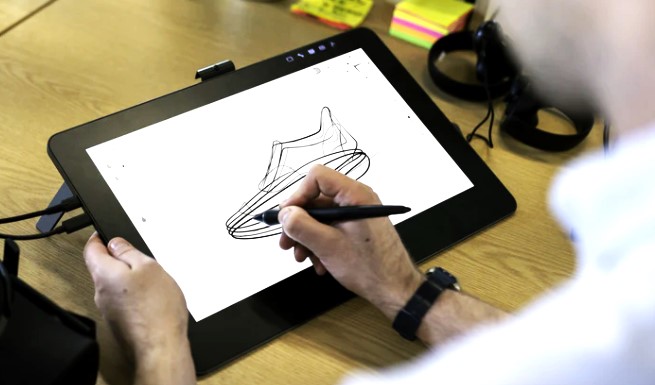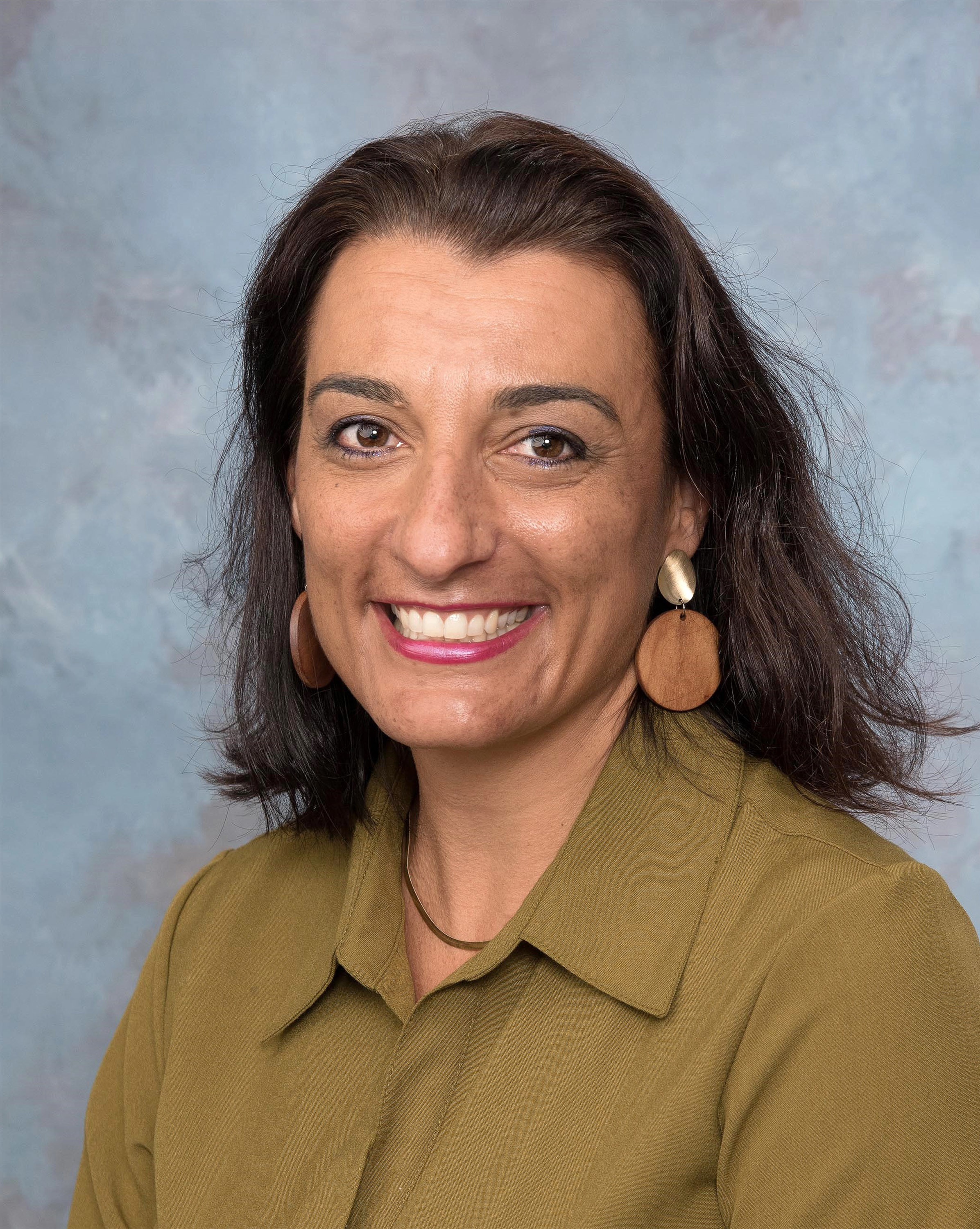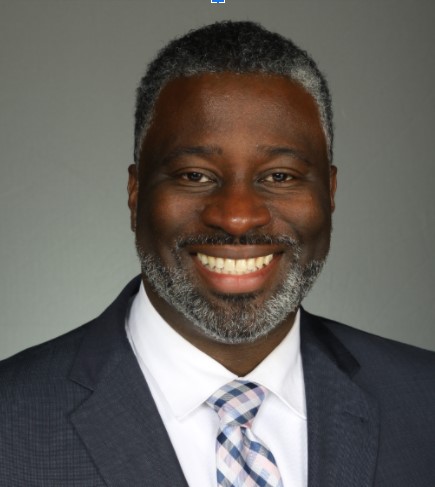How CTE Leaders Adapted Through Unprecedented Challenges
CTE leaders found new ways to provide classes and experiences for students throughout the pandemic

Truly authentic learning can be difficult to find in mainstream education. Teachers have spent countless hours trying to apply content from the core curriculum to that ‘real world’ we’ve all heard so much about. Sometimes we throw math into a playful story that students supposedly might run into one day. “Jaleel has 4 popsicles. If Sally has 3 less than 2 times as many popsicles as Jaleel, how many popsicles does Sally have?”
However, within our schools there is already an oasis of authentic learning in our career and technical education programs (CTE), sometimes with an added ‘agricultural’ focus to make CTAE. The CTE world includes countless programs, from culinary to auto tech, turf maintenance to cybersecurity, and many more.
While CTE was once viewed as an alternate path through high school, it is now interwoven into the fabric of learning and even acts as the crown jewel for some schools. These programs can be a huge draw for students looking to build more applicable job skills while they are in school or those looking for an engaging program that lets them get hands-on.
So what happens when these hands-on, equipment- and experience-heavy courses need to move hybrid or virtual? I sat down (virtually) with CTE leaders to hear about their successes and challenges from the last year.

Dr. Dwionne Freeman
We provided supply kits. It was important for us in our demographic to provide things that we knew they couldn’t provide on their own."
Director of Career, Technical, and Agricultural Education, Atlanta Public Schools, GA
CTE courses, especially those such as carpentry, healthcare, and culinary, are often heavy on supplies and equipment. Atlanta Public Schools started in their professional learning communities (PLCs) to identify the most important learning goals and milestones for each course, then planned backward from there to create supply kits that were appropriate for each of the programs that they support. The district worked to provide items that might be available in some households, but not something they could count on to be equitable for all.
During virtual learning, everyone pitched in to find ways to make these hands-on experiences effective in the virtual environment, from purchasing ready-made kits to cutting thousands of pieces of PVC pipe and pool noodles. “It was very, very hard,” says Dr. Dwionne Freeman. “But an incredible amount of innovation has also come from that.”
Tech & Learning Newsletter
Tools and ideas to transform education. Sign up below.

Lana Barros
We wanted to make sure that the changes taking place in industry due to the pandemic were being reflected in how our programs were being taught."
Coordinator of College and Career Readiness, Martin County School District, FL
In Florida, where most school districts were operating with face-to-face, hybrid, and virtual options for the whole year, some districts found interesting ways forward. In Martin County School District, the CTE Department worked with Risk Management to identify how the real-life industries were being impacted and then brought that knowledge into the schools. This allowed the learning to be as authentic as possible while still providing the unique teaching and learning opportunities that are a cornerstone of CTE programs.
For Shaun Southwick, a culinary teacher at Martin County High School, this meant modeling their work on both the food delivery subscription service model and the industry shift to meal pick-up by creating a school pick-up for the ingredients and supplies so that culinary students were able to complete their learning at home.
“These changes allowed students to get the hands-on experience that they need to be successful and still take and pass their certification exams,” says Barros. As an example, all students in the three sections of the district’s Certified Nursing Assistant (CNA) earned their certification, a 100% pass rate.
Mandy Johnson
Executive Director of College and Career Programs, Douglas County School District, GA
We have learned that there are pros and cons to on-site and virtual programs, so we will use the best of both worlds for our students moving forward."
While transitioning to virtual or hybrid instruction moved many of us beyond our comfort zone, some districts are planning to adapt their future practices to incorporate lessons learned. As Mandy Johnson, the Executive Director of College and Career Programs for Douglas County Schools in Georgia, shares, “It was a really hard year, but our teachers had grit and persevered. I’m very proud of them and what they accomplished.”
Two of their practices -- mock interviews and job shadowing -- took very different forms this year. Instead of having mock interviews conducted in-person as had been done in the past, Douglas County partnered with TalkHiring to enable virtual mock interviews. In the future, they will resume in-person mock interviews, but also keep the virtual option to augment the impact.
Pre-pandemic, the district held one job shadowing day on-site with many local businesses. This year, they were able to expand to a virtual job shadowing week. Many of the same benefits as from mock interviews were seen, especially the ability to shadow jobs or industries that might exist farther away from the schools and were previously unavailable to students. Johnson is optimistic that the changes they’ve made will positively impact their students. “The sun will rise again and things will be great,” she says. “We’ve had a lot of loss in our community and we want our students to know that they can still dream and have hope.”

Kyle Jones, Ed. D.
We want to make sure we provide our teachers with resources and support for their students’ well-being, including SEL strategies to help them be seen and heard."
Director of Academies and Career and Technical Education, Gwinnett County School District, GA
For Gwinnett County’s CTE leaders, providing wraparound support for their teachers is the name of the game. As the pandemic began, they immediately built upon their existing support system of teacher leaders for each pathway to help create a sense of community in an area where many teachers are singletons in their schools.
What started as informal check-ins became formalized monthly targeted community discussions around relevant topics such as pacing, certifications, and SEL strategies to help support students. "We want to make sure we provide our teachers with resources and support for their students’ well-being, including SEL strategies to help them be seen and heard," says Jones.
To provide that full support, Gwinnett focused on four key areas:
- More intentional collaboration among and between CTE pathways.
- Increased financial support for affiliate organizations, memberships, and competitions.
- Work-from-home technology for CTE teachers (i.e. the choice of an extra monitor or bluetooth headset).
- Appropriately powerful laptops or desktops available for home use for student programs that require machines with higher specifications. This allowed the teachers to utilize much of their well-developed curriculum and workflows.

Jean-Paul Cadet, Ed. D.
CTE programs can be part of every student’s journey. We want to make sure that it remains in the public sphere and in ongoing conversations about education."
Director of Career and Technical Education, Prince George’s County Public Schools, MD
While much of the conversation has surrounded the teachers, students, and the courses themselves, some districts reimagined their outreach programs, communication, and interaction with the community. For Dr. Jean-Paul Cadet, Director of CTE for Prince George’s County Public Schools in Maryland, this meant revamping their messaging and social media presence.
Being remote required school system programs to be more active on digital platforms to continue to reach community, students, and parents in the virtual environment. To accomplish this, the team established a social media team within the CTE department with a primary focus to, “ensure [CTE] remains at the forefront of ongoing conversations about education,” says Cadet.
In addition, they leveraged the natural engagement of video content and created a library of 30-second “commercials” to promote CTE programs and linked those to current conversations and fluctuations in the fields. For example, as the County grappled with a nursing shortage amid the COVID-19 pandemic, the CTE team highlighted its Certified Nursing Assistant program — and recent graduates who were serving as essential workers in the community.
These digital channels for sharing the real-world impact of CTE programs will remain part of the team’s strategy going forward.
Doug Konopelko is a passionate educator, designer, writer, speaker, and leader. He focuses on acting as a connecting point between people and ideas. On his education journey, Doug has served in both urban and suburban school districts as a teacher, coach, high school assistant principal, school district administrator, and state education organization leader. You can follow his work on his blog, DesignedEdu, or on his web series and podcast, Focus on K-12: EdTech and the Education Experience, on YouTube and all popular podcast platforms.
Doug Konopelko is a passionate educator, designer, writer, speaker, and leader. He focuses on acting as a connecting point between people and ideas. On his education journey, Doug has served in both urban and suburban school districts as a teacher, coach, high school assistant principal, school district administrator, and state education organization leader.
